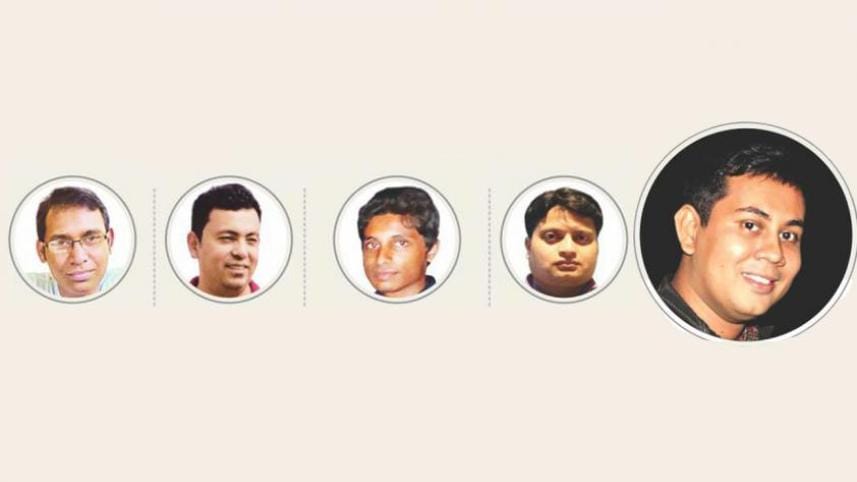Free speech under attack as never before: HRW

Human Rights Watch said that the free speech in Bangladesh is under attack as never before in the country.
"Free speech in Bangladesh is under attack as never before, held hostage between angry, machete-wielding radicals on one hand and a government, quick to take offence, on the other," said HRW South Asia Director Meenakshi Ganguly.
In an article titled "Dispatches: Bangladesh's Machete Attacks on Free Speech" published on August 18, Meenakshi said four bloggers have been murdered this year by religious extremists for promoting secularism, a principle which these groups consider to be anti-Islam.
"Following the killing of blogger Niloy Neel earlier this month, Ansar Al Islam, an insurgent group linked to Al-Qaeda, claimed responsibility, saying they had the "permission of Allah" and warning of further attacks. While police were aware of threats to Niloy Neel and the other slain bloggers, they failed to properly protect them," the article said.
A reasonable government would have swiftly condemned these murders, and tried to hunt down the attackers. Instead the police's first instinct was to urge self-censorship, with Bangladesh's inspector general of police, AkM Shahidul Hoque, warning that "hurting religious sentiments is a crime," it said.
It took more than a week for police to arrest three suspects in Niloy Neel's murder, despite the alleged perpetrators' identities being known to the police.
"The police chief's comments were shocking, but not surprising, because Bangladeshi authorities are increasingly cracking down on freedom of expression."
Just this week, the journalist Probir Sikdar was arrested by the dreaded Detective Branch, a specialist police intelligence unit, for his Facebook posts accusing a cabinet minister and other politicians of committing war crimes during the country's war for independence.
Quoting the prosecutor, the rights body said Sikdar had "cast aspersion on the minister using information technology."
Last week, a Bangladesh court sentenced IT lecturer Muhammad Ruhul Amin Khandaker in absentia to three years in prison for a 2011 Facebook post on the death of an acclaimed Bangladeshi filmmaker in a road accident, blaming politicians for not ensuring road safety and wondering how the prime minister was spared such mishaps. For this remark, judges found him guilty of sedition.
And just two weeks ago the police issued a statement criticizing two prominent human rights groups for reporting on extrajudicial executions and other abuses by security forces, saying any activity that harms the police reputation amounts to defamation, and can be considered subversive.
Bangladesh needs to change course, adopt international standards, and uphold constitutional freedoms, and do it fast, the article said the cause as long as authorities continue to crush free speech, those who speak out risk losing their lives.
Meanwhile, a day into the arrest of three suspected killers of bloggers, Committee to Protect Journalists (CPJ) urged the Bangladesh government to do more to protect bloggers in the country.
"Hasina government must do more to protect Bangladesh's bloggers," CPJ, an organisation that works to safeguard press freedom worldwide, said in an article by Sumit Galhotra, Asia Program Research Associate of CPJ which published in its website yesterday.
Asif Mohiuddin's stab wounds are still visible two years on. In January 2013, the outspoken Bangladeshi blogger narrowly escaped death after he was attacked near his office by knife-wielding assailants. His attackers stabbed him nine times on his neck, head, and back, narrowly missing his spine, the article said.
Others have met with worse. This month, assailants hacked to death blogger Niloy Neel at his Dhaka apartment, marking the fourth murder of a blogger in Bangladesh in six months.
"Today [Tuesday], authorities announced they apprehended three suspects, including one they claim is the mastermind, behind the earlier murders of bloggers Avijit Roy and Ananta Bijoy Das. Last week, police arrested two suspects in Neel's murder."
 For all latest news, follow The Daily Star's Google News channel.
For all latest news, follow The Daily Star's Google News channel.
Comments